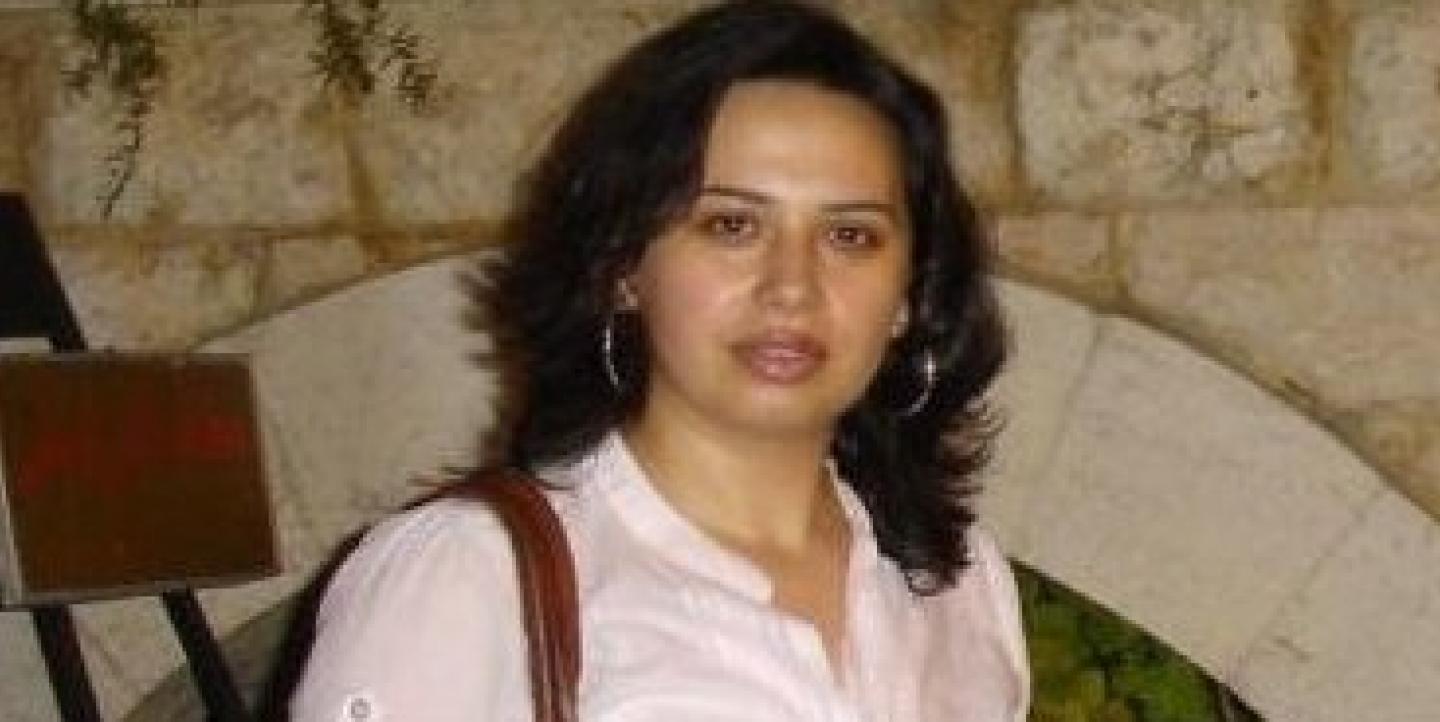Each month, IJNet features an international journalist who exemplifies the profession and has used the site to further his or her career. If you would like to be featured, email a short bio and a paragraph about how you have used IJNet’s resources to Dana Liebelson at dliebelson@icfj.org by May 20.
This month's journalist is Chama Darchoul, an online broadcast journalist from Salé, Morocco.
IJNet: Where do you currently work? Where have you worked in the past?
Chama Darchoul: I work for a Mediterranean station called Medi1 Radio. It is based in Tangier, Northern Morocco and has broadcast news in Arabic and French for 30 years. I am the web editor there and also work there as an online journalist.
In the past, I worked as a Morocco correspondent for Al Jazeera Talk, which is based in Qatar. It is managed by young journalists from Al Jazeera. I also worked as an international reporter for Alray News. I reported on social, political and cultural issues in different countries. Finally, I have worked as a web editor for the Media Diversity Institute, based in London.
IJNet: How have you used IJNet?
CD: I use IJNet to learn about the changing media field, digital media news and to search for training programs, fellowships and job offers. Through IJNet, I attended trainings in Lebanon — for Arabic women interested in new media — and at the Swedish Institute in Stockholm, where I learned about using social media tools.
IJNet: Did you work in a different field before journalism?
CD: Yes, I started my career as a teacher of history and geography for secondary students. After three years of teaching, I joined the Discovery Channel Global Education Partnership based in Washington, D.C. as a project manager. For this project, I created five learning centers at primary schools in Morocco and I trained about 100 teachers to become trainers. The goal of the project was to train teachers to use documentary films from the Discovery Channel as education tools.
IJNet: When did you know you wanted to be a journalist?
CD: From primary school to university, my teachers and professors told me that I had a good voice for radio and a good style of writing. So it was mainly these teachers that inspired me to go into journalism.
IJNet: How did you get started?
CD: It was not easy. In 1997, when I got my baccalaureate, I was unable to get into the public institute for journalism in Morocco. So I decided to study sociology because I thought it was similar to journalism—both support human rights and one of my dreams was to serve humanity.
After I got my bachelor’s, I again tried to apply for a master’s in journalism at the same institute. Unfortunately that year, the director decided to cancel the program. So again I was forced to study something else—this time I applied for a master’s in human geography. I still wanted to be involved with radio so when I became a teacher, I launched a school radio club.
I finally joined the journalism world in 2007, when I was chosen for journalism training in Qatar at the Al Jazeera Training and Development Media Center.
IJNet: How do you get story ideas?
CD: I’m a good observer and a good listener. Whether I’m on my way to work or going shopping I’m always on the look out for stories. I also get stories from talking to people of different backgrounds and using social networks—like Facebook and Twitter.
IJNet: Do you have a set routine for writing and reporting?
CD: If I want to interview a well-known personality and don’t have his or her contact information, the first tool I use to find him or her is Facebook. Then I prepare the questions, (most of my interviews were in English when I was an international reporter) then send them to my interviewee. Once I get replies, I translate them into Arabic.
IJNet: What is your proudest work/story so far? Why?
CD: My proudest work is an interview with a famous Swedish writer, Frederic Haren. I’m proud of that interview because this man is one of the most famous lecturers in the world and it was the first time that he had spoken with Arabic media. After that interview, Haren decided to translate his work, called “The Idea Book” into Arabic.
IJNet: What advice would you give aspiring journalists?
CD: My advice is if you don’t get a diploma in journalism, that doesn’t mean you’ll never be a journalist. Also, keep your dream and do your best to make it come true!

